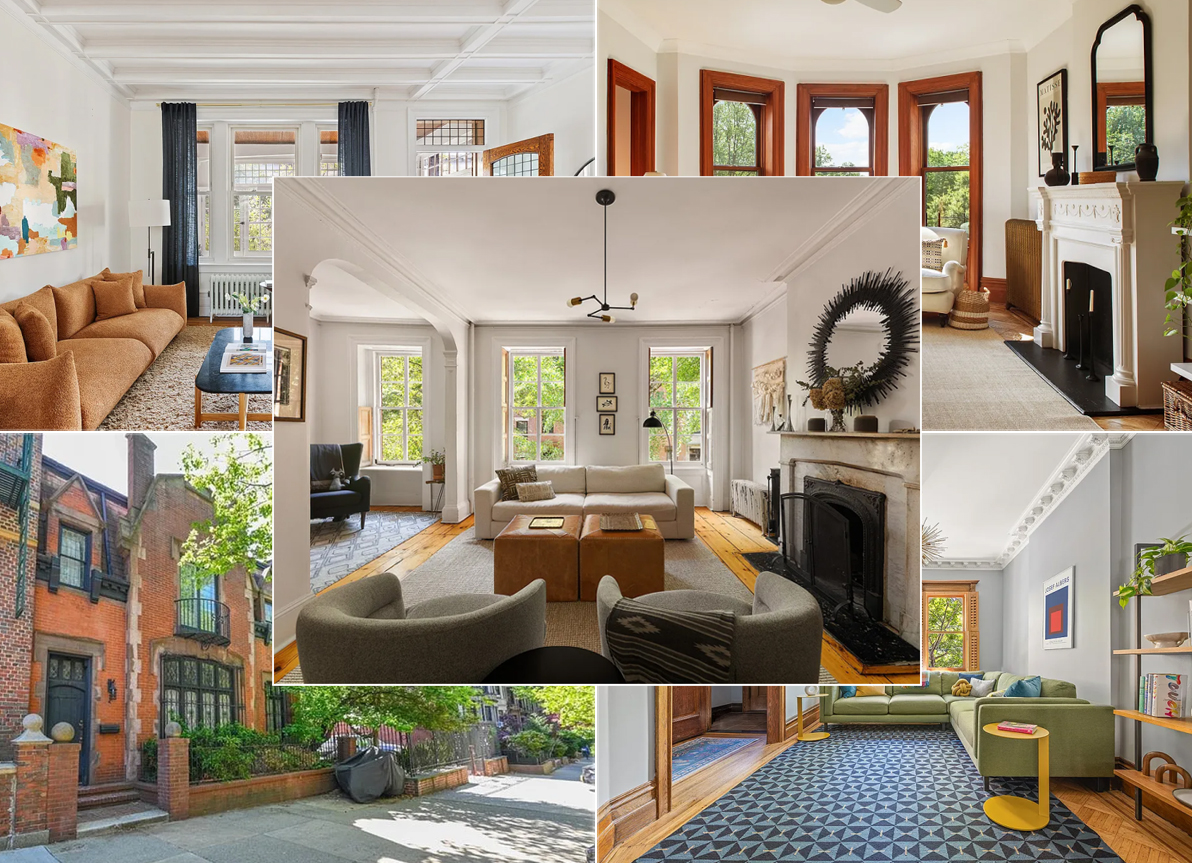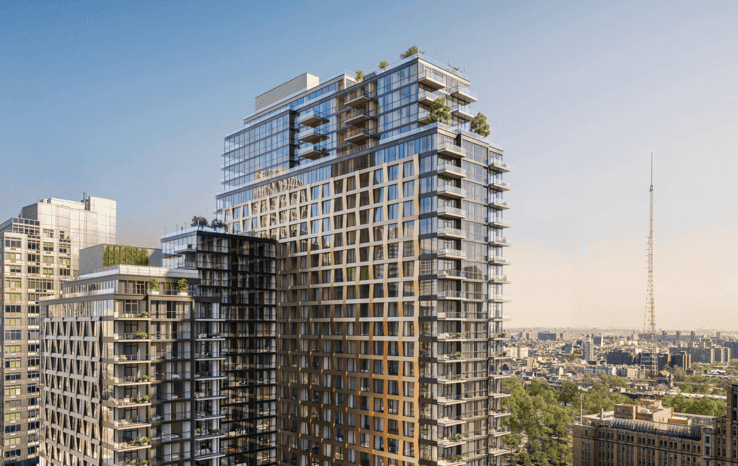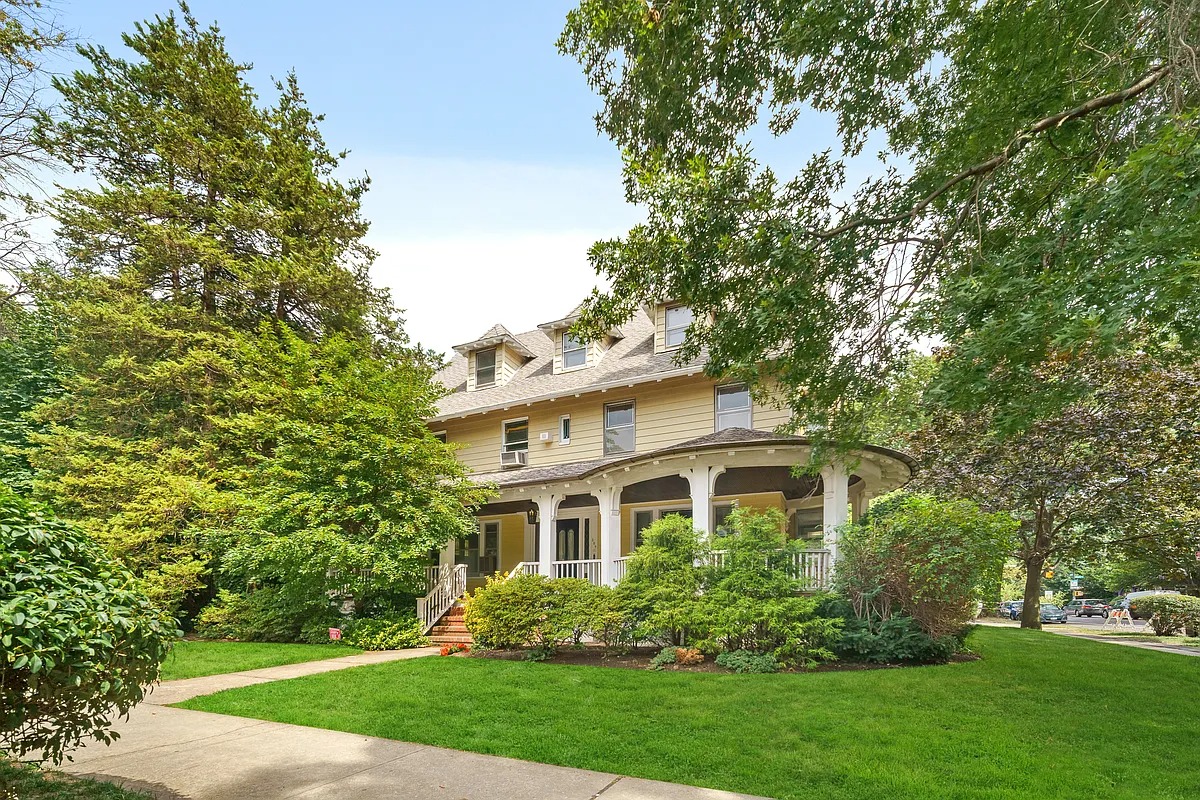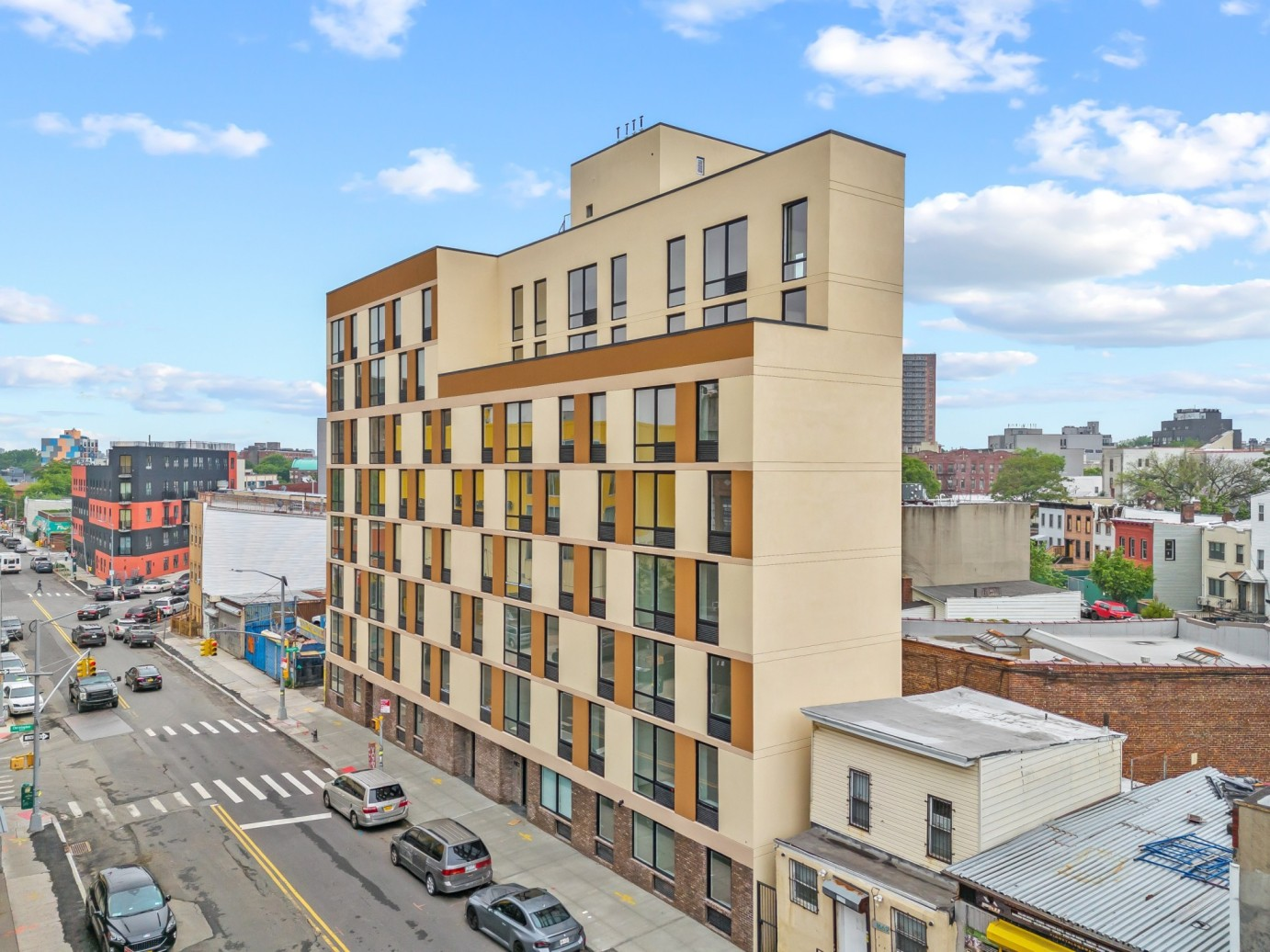Co-ops of the Day: 135 Willow Street Triple-Shot
The 1950s co-op building at 135 Willow Street in Brooklyn Heights currently has three apartments on the market. There’s a 10th floor two-bedroom asking $795,000, a ninth-floor one-bedroom for $560,000 and a third-floor studio for $299,000. All three have open houses scheduled this weekend. How’s this building? We’ve never been inside. 135 Willow Street Listings…


The 1950s co-op building at 135 Willow Street in Brooklyn Heights currently has three apartments on the market. There’s a 10th floor two-bedroom asking $795,000, a ninth-floor one-bedroom for $560,000 and a third-floor studio for $299,000. All three have open houses scheduled this weekend. How’s this building? We’ve never been inside.
135 Willow Street Listings [StreetEasy] GMAP P*Shark





Thanks bh76 and sam, appreciate the insight.
You don’t need to see the inside. Some places, you just need to see the outside and conclude with certainty that its a piece of crap. This is a piece of doo doo..
NorthHeights, great link. Thanks.
BH76, very true, people do not understand that co-ops can not refi like home owners. That is why coops use LOC’s and second mortgages instead. Generally, coop mortgages tend to be 30-year amortization with a 10 or 15 year term, meaning that at the end of the term, you need to refinance in order to pay the “balloon balance” It is a system that works remarkably well by and large. What people sometimes forget is that in addition to the mortgage interest, real estate taxes included in the maintenance are also tax-deductable. For the typical high-earner in Brooklyn Heights, the deductability of a large portion of their maintenance is golden.
Sam: We have no disagreement. However, what many people do not understand is the buildings cannot re-fi as easily as homeowners. And yes, many buildings have refied at higher rates to cover cpaital improvements.
(Thanks, Sam, for the pointer re: the photo)
Here’s a link to a B. Abbott photo of the houses on Willow Street that were torn down to make way for this building:
http://tinyurl.com/a35mma
i disagree with bh76.
the reason that maintenance costs tend to be a little higher in Brooklyn Heights is because real estate taxes are higher in the Heights. Underlying mortgages can be a cause as well but keep in mind that generally speaking those mortgages are associated with capital improvements undertaken on the building prior to conversion and also to some extent after conversion. Instead of socking the shareholders with a high assessment to replace the roof for instance, many co-op take out LOC (lines of credit) or second mortgages. when the main mortgage is re-financed, these costs are folded in to it. Mortgage interest is tax deductable so assuming you pay your taxes, a big question is how much of the maint. is tax deductable. co-ops can be complex, and their finances as involved as any corporation. Buildings like this one in the Heights have no problem, the little walkups in who-knows-where are the problem in times like these.
I really like that 2 br. I don’t think the maint. is too out of line, assuming they’ve kept up with recent increase in taxes and heating oil (if they haven’t regularly raised it a few percentage points every year, that’s a big red flag to me). BH maint. is equal to corresponding buildings in Manhattan; the only difference is you’re paying less. On the UWS or UES this is at least a 900k apt., even now. And a year ago it was over 1mm.